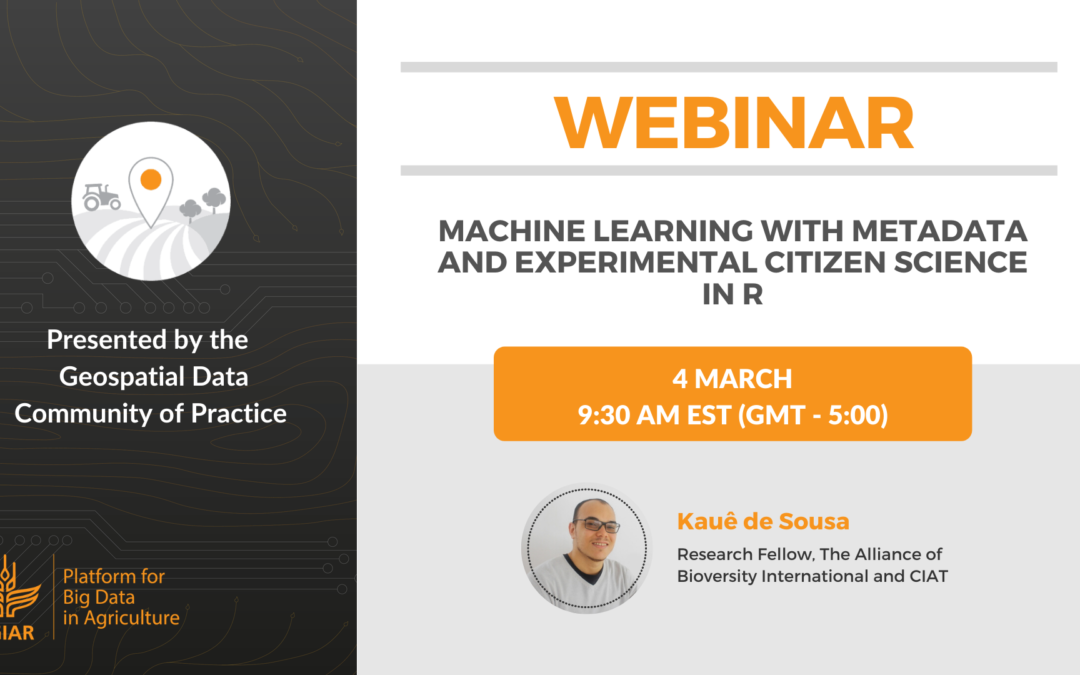
Webinar – Machine Learning with Metadata and Experimental Citizen Science in R
Webinar organized by the Geospatial Data Community of Practice of the CGIAR Platform for Big Data in Agriculture.

by Hannah Craig | Mar 12, 2020 | Communities of Practice, Geospatial CoP, News, Webinar
Webinar organized by the Geospatial Data Community of Practice of the CGIAR Platform for Big Data in Agriculture.
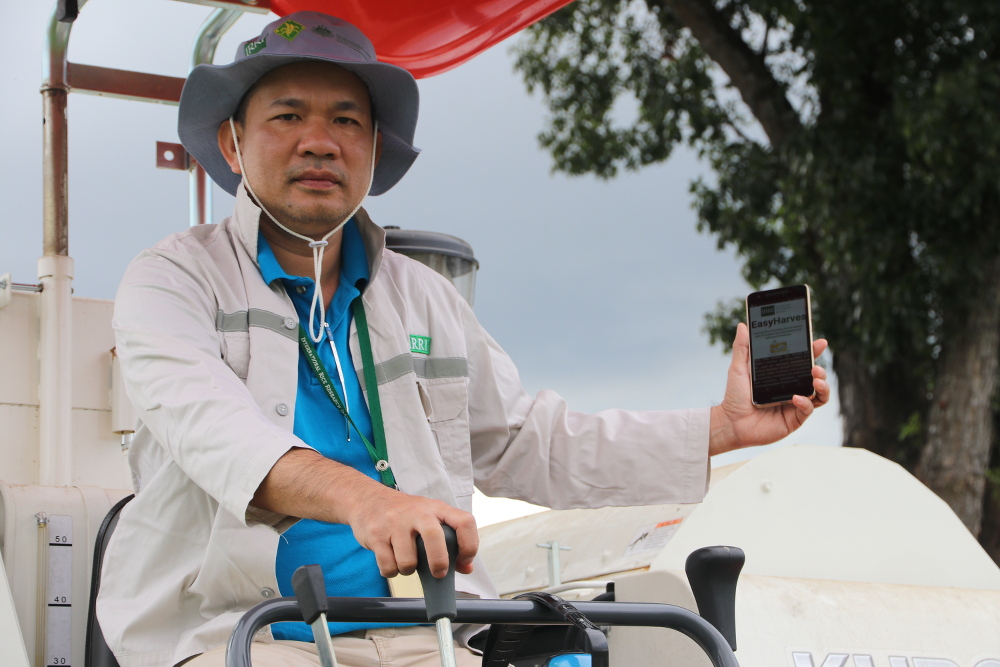
by Stefanie Neno | Feb 20, 2020 | Agronomy CoP, Communities of Practice, Digital Extension
The EasyHarvest app in the Philippines is already cutting rice postharvest losses for farmers and reducing transport emissions.
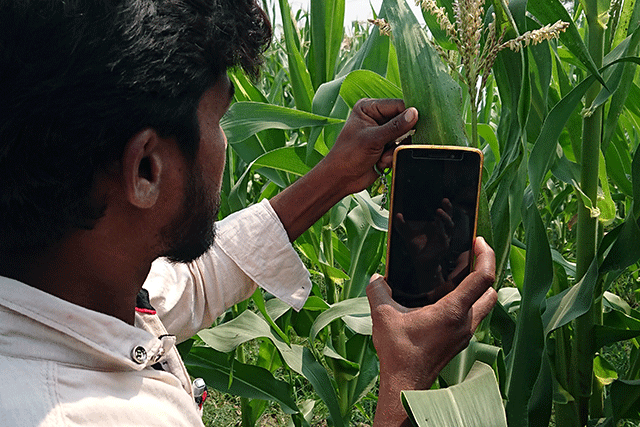
by Stefanie Neno | Feb 20, 2020 | Agronomy CoP, Communities of Practice, Digital Extension
The Plantix app in India uses machine learning, helping thousands of farmers detect and diagnose disease and pest damage.
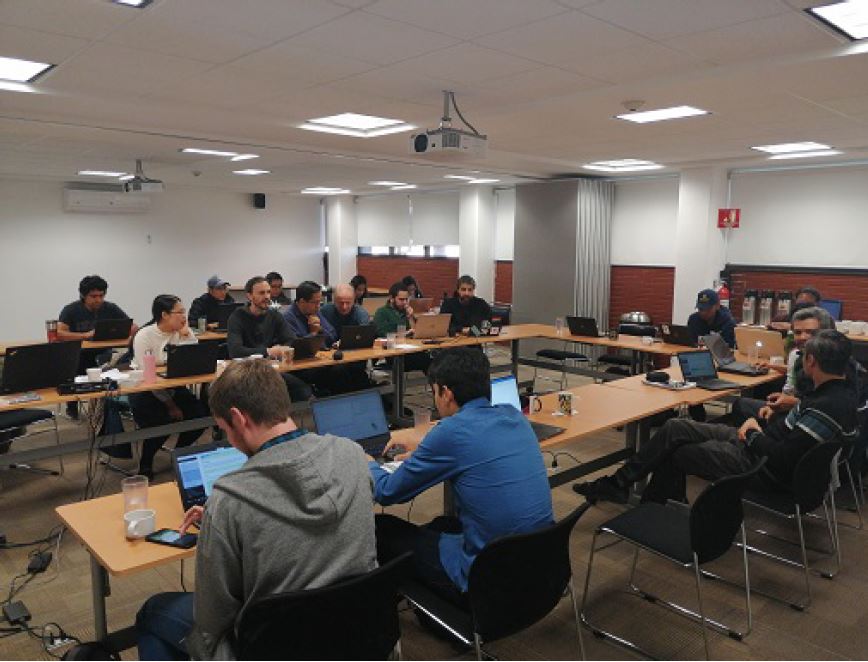
by Jawoo Koo | Dec 18, 2019 | Geospatial CoP
CGIAR staff participated in a two-day training course to develop capabilities for spatial analysis, automatizing image processing, machine learning, and other approaches for working on large climate data sets. This blog was originally posted on the CIMMYT Intranet.
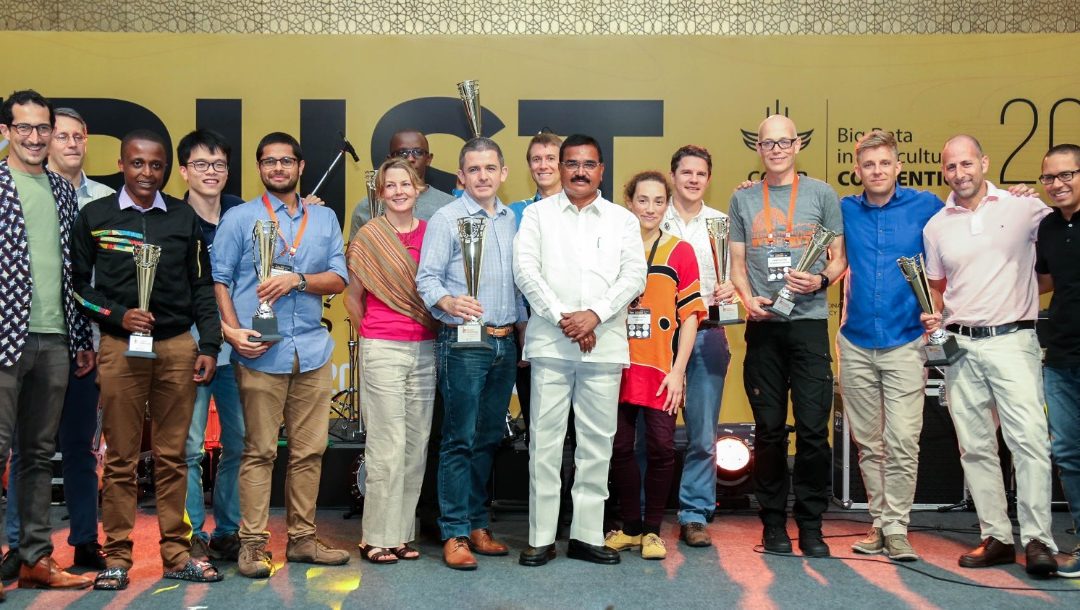
by Hannah Craig | Nov 20, 2019 | Inspire Challenge, Inspire news, News, Press Releases
Now in its third year, the BIG DATA Platform’s Inspire Challenge has invested more than two million USD in innovative big data projects that seek to solve agricultural development issues.
CGIAR Platform for Big Data in Agriculture advocates open data for agricultural research for development. It considers that opening up research data for scrutiny and reuse confers significant benefits to society.
However, the Platform appreciates that not all research data can be open and that a broad range of legitimate circumstances may require data to be restricted.

As an integral component of its advocacy for open data, the Platform promotes responsible data management through the entire research data lifecycle from planning, collecting, storing, disclosing or publishing, transferring, discovery and archiving.
These guidelines were created from information collected from: review on best and emerging practices across various sectors in the fast changing landscape of privacy and ethics (130 external resources); privacy and ethic materials sourced from seven CGIAR centers; first draft was circulated for input and feedback across CGIAR and incorporated into this edition. It’s important to note that this is an evolving document, the next stage is to consult externally for further input.
These Guidelines are intended to assist agricultural researchers handle privacy and personally identifiable information (PII) in the research project data lifecycle.


Ensure compatibility with the DMP-PII (as above) and also the purpose for which prior informed consent has been obtained
Ensure PII is stored securely to protect privacy, through organizational or project specific safeguards to prevent unauthorized access, accidental disclosure or breach of data (physical & technical)
Don’t store data in unsecured locations or on unsecured devices or servers
Don’t store encrypted data and encryption keys in locations where they can be easily accessed simultaneously
Don’t underestimate the importance and value of administrative safeguards to standardize practices (i.e. organizational policies, procedures and maintenance of security measures that are designed to protect private information, data and access)